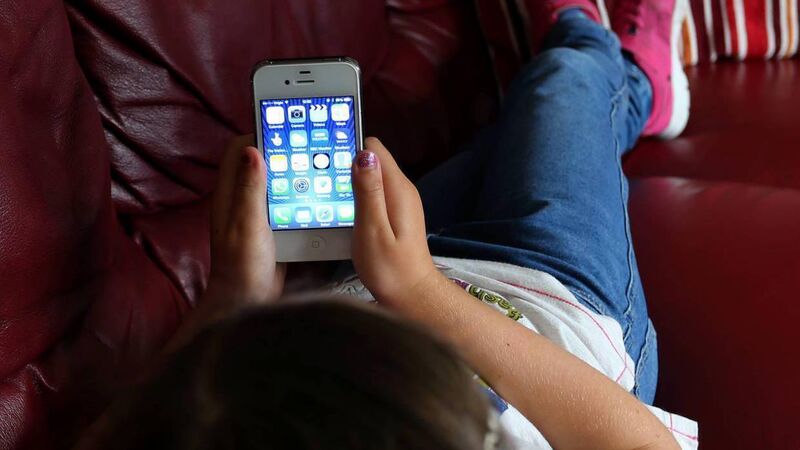Government urged to hit social media companies 'where it hurts' for harms caused to children by AI

Report said 84% of eight to 12-year-old children have online accounts, with the top five most popular platforms being YouTube, TikTok, Snapchat, Instagram and WhatsApp.
An Oireachtas report has urged the Government to "hit companies responsible where it hurts," in their profits, for the harms caused to young people by artificial intelligence (AI).
About a quarter of Irish six-year-olds now have smartphones, with Ireland also having the highest rate of daily internet use by young people in the EU.













